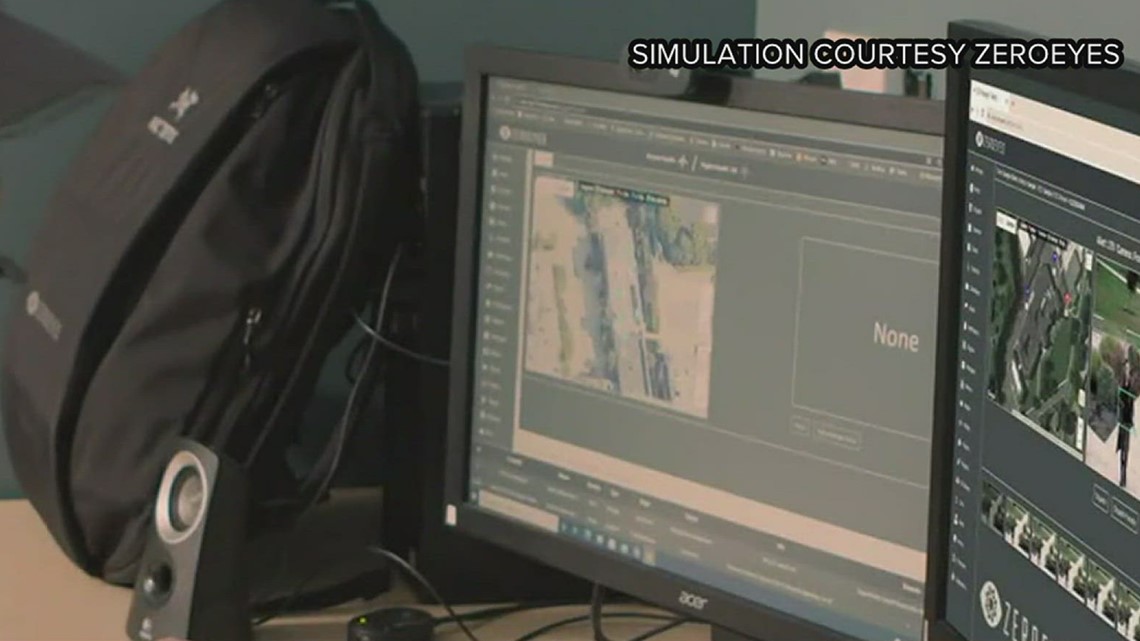Enoch Hale, the director of the Center for Teaching & Learning, emphasizes the rapid evolution of AI tools in recent years, highlighting companies such as ChatGPT leading the way in advancing AI beyond what academia had anticipated. He urges educators to thoughtfully consider the implications of this advancement on teaching and learning, advocating for a strategic integration of AI into educational settings to enhance learning outcomes where applicable.
The Center for Teaching & Learning collaborates with faculty members to explore innovative teaching approaches and technologies that can positively impact learning outcomes within their courses. In response to the growing significance of AI, the CTL is compiling a comprehensive set of resources to assist faculty in incorporating AI effectively into their teaching practices.
Over the past year, the center has organized webinars and offered sample assignments that incorporate AI, along with guidelines for faculty on how to incorporate AI into their teaching methodologies. Hale anticipates that this repository of resources will significantly expand by the conclusion of the Spring semester.
While opinions on AI vary, with some expressing concerns about its potential negative impact on students’ critical thinking abilities, others like Politics Professor Noah Zerbe view AI as a valuable tool for enhancing critical thinking skills in academic settings.
Zerbe actively promotes the use of AI both personally and in his teaching, guiding students on leveraging AI tools for tasks such as peer review and feedback on their academic work. He underscores the importance of teaching students how to utilize AI effectively for tasks like concept clarification, brainstorming, and writing refinement, while also emphasizing the necessity of critical engagement and fact-checking when using AI-generated content.
Recognizing the increasing relevance of AI skills in the job market, Zerbe believes that students should be proficient in utilizing AI tools, akin to how an engineering graduate would be expected to use a calculator efficiently.
Both Hale and Zerbe advocate for the integration of AI into educational settings, asserting that understanding and adapting to AI’s advancements are crucial for students to navigate the evolving technological landscape effectively. Zerbe particularly emphasizes the need to embrace AI in teaching practices, considering it an indispensable part of the educational future.










